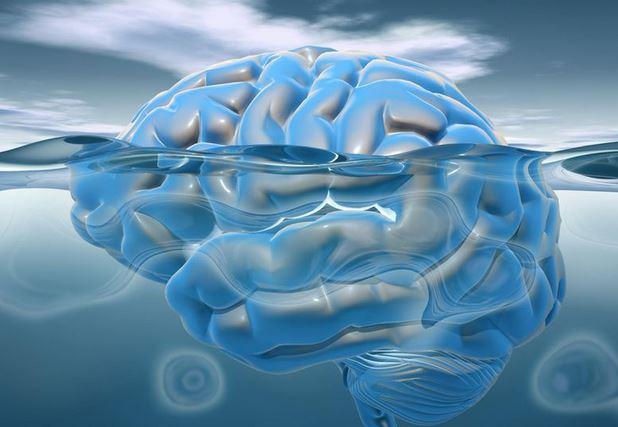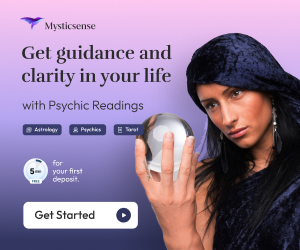Unconscious

The Unconscious – Psychological (Freud, Jung)
Freud (Sigmund):
The unconscious is a repository of repressed desires, drives, and conflicts.
It influences our behavior without us noticing.
Central to psychoanalysis: we uncover it through dreams, errors, and free association.
Jung (Carl Gustav):
Distinguishes between the personal and collective unconscious.
The collective unconscious contains archetypes: universal primordial images such as the mother, the shadow, the self, the anima/animus.
Goal: Individuation – integration of the unconscious into consciousness = becoming whole.
🌌 The Unconscious in Esotericism and Mysticism
Here, the unconscious is often understood not only psychologically, but also spiritually:
🔮 Esoteric Interpretations:
The unconscious is the gateway to deeper knowledge, to inner worlds, even to the divine source.
Dreams, intuition, visions, and trance states are gateways to this realm.
Some also call it the "hidden self" or the true self that lies behind the mask of the ego.
🕯️ Connection to mysticism:
In mystical paths (e.g., Jacob Böhme, Sufism, Kabbalah), the unconscious is often described as the place where God speaks, but not with words.
"The dark night of the soul" (John of the Cross) is a passage through the depths of the unconscious before the light reveals itself.
🧘♀️ The unconscious in the East
Buddhism speaks of the "kleshas" (mental obscurations) and samskaras (subconscious impressions/conditioning) that shape our perception and reactions.
The goal here is mindfulness and clarity of vision – to consciously illuminate the subconscious.
In Yoga Nidra or deep meditation, the unconscious is specifically addressed and purified.

